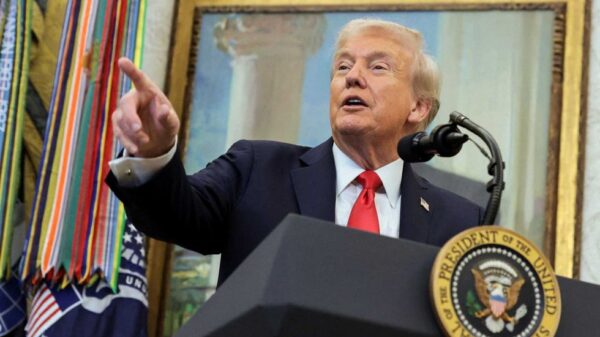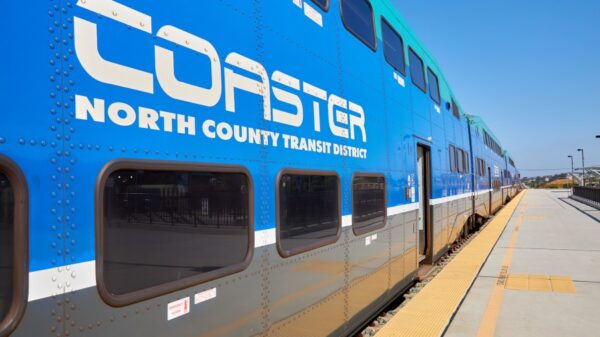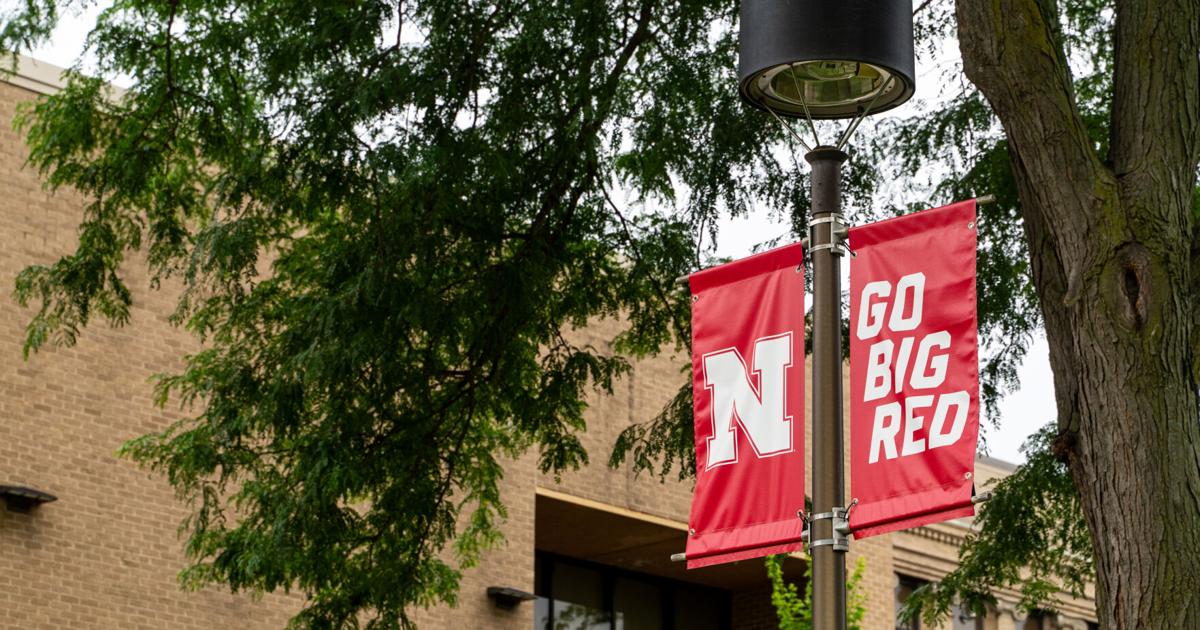The University of Nebraska-Lincoln (UNL) is facing significant budgetary challenges as it prepares to vote on proposed cuts that could reshape its financial priorities. Recent evaluations revealed that the institution now allocates more funds to administrative and support staff than to its faculty. This shift has raised concerns among students and faculty alike, particularly as the university prepares to address a projected deficit.
On June 18, 2024, students on the East Campus of UNL might have noticed a stark juxtaposition to the academic environment: increased emphasis on administrative expenditures. The proposed budget cuts include a total of $27.5 million, with $10.25 million aimed at academic programs and $17.25 million targeting administrative expenses. This plan also involves voluntary buyouts for faculty members, reflecting a broader trend of reallocating resources within the university system.
Budget Cuts and Their Implications
The NU Board of Regents is scheduled to vote on these proposals in December 2024. The implications of these cuts are substantial, as they suggest a potential reduction in academic offerings and faculty positions at a time when educational quality is under scrutiny. Critics of the budgetary decisions argue that prioritizing administrative costs over direct educational resources could diminish the university’s academic reputation and hinder student success.
UNL’s financial strategy has drawn attention from various stakeholders, including the independent newsroom Flatwater Free Press, which focuses on investigative reporting and community issues. The newsroom has highlighted concerns regarding the growing disparity between faculty compensation and administrative spending. This situation raises questions about the university’s long-term sustainability and its commitment to academic excellence.
The proposed budget cuts come at a critical juncture for UNL, as the institution seeks to navigate a complex landscape of funding challenges. With higher education institutions facing increased pressure from both state budgets and student tuition rates, many universities are reevaluating their financial priorities. The outcome of the upcoming vote by the NU Board of Regents will likely set a precedent for how UNL approaches its fiscal responsibilities in the future.
As the university community awaits the board’s decision, the broader implications of these financial choices remain to be seen. Students, faculty, and community members are encouraged to stay informed about developments and to advocate for a budget that prioritizes educational quality and faculty support.





































































